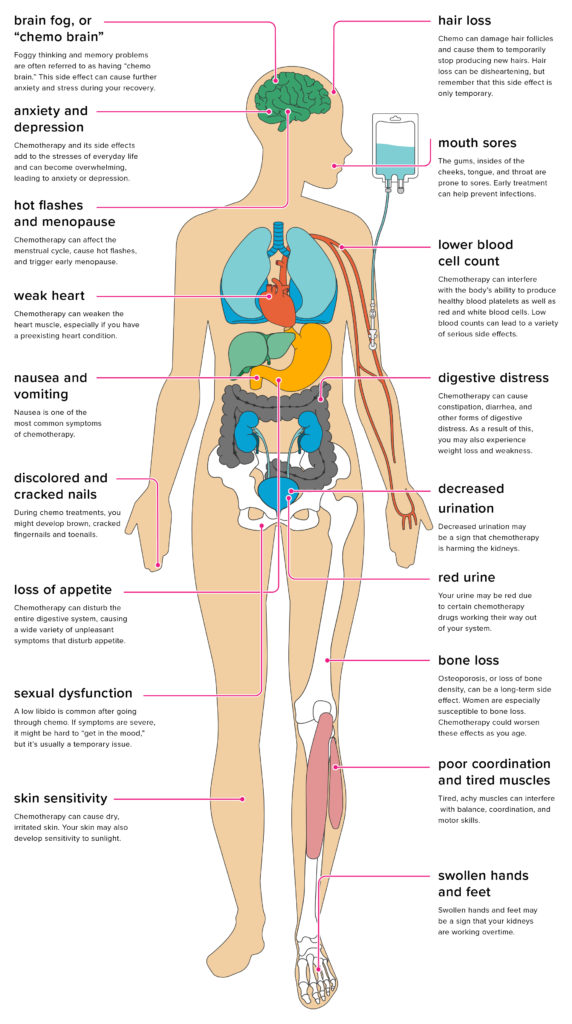Currently, cancer treatments remain very aggressive, so although in most cases the disease is defeated, there are undoubtedly consequences that are never talked about, some of them are cognitive impairment, low concentration or memory loss, associated side effects. with the so-called chemo brain.
For years, clinical literature and research related to this phenomenon have revealed a reality less known to most people: when a person survives cancer, he faces a new battle in which he will face a wide range of complex aftermath, both physical and physical. Psychological.
- Chemo brain is a mental fog.
- A veil that hinders simpler cognitive processes such as word evocation.
- Concentration.
- Spatial orientation.
- Etc.
However, to the already known dimensions such as exhaustion, low immunity, digestive problems, weakness, infections, loss of bone mass, feeling cold, adds one more; we are talking about brain impairment, i. e. cognitive processes, such as attention, problem solving, working memory, etc.
We often define cancer as a battle. However, for many, cancer is a true endurance test in which it is not simply a question of continuing a chemotherapy-based treatment, cancer causes surgery, often associated with different treatments, such as drug treatment, radiation therapy, immunotherapy, etc.
Thus, although oncology professionals often tell patients that each person lives and reacts to treatments in a certain way, there are always the same effects, including chemo brain. It can be as exhausting as physical aftermath and is often associated with the stress or anxiety of the disease itself.
However, as several clinical studies have shown, chemo brain is a direct side effect of the treatment itself, an effect that almost 80% of patients notice. Let’s look at more specific data below.
We said that at first. Surviving cancer is a great success, it is happiness and hope, however, after this stage begins a new one that forces the patient to reinterpret, a stage in which self-care is more important than ever, in which clinical, natural, psychological and even seeking spiritual approaches to help reverse the psychological and emotional effects of the disease and the treatment itself.
The answer to the question of whether it is possible to reverse the sequelae left by chemotherapy in the brain is simple: it is possible, but this cognitive rehabilitation requires time, effort and a multidisciplinary approach.
In conclusion, the most recommended, most logical and expected is that each patient can have access to adequate cognitive rehabilitation specialized in this clinical condition. However, as treatments progress, cancer rehabilitation therapy itself will also progress, with the aim of ensuring the quality of life of people who have conquered cancer. Hope.

